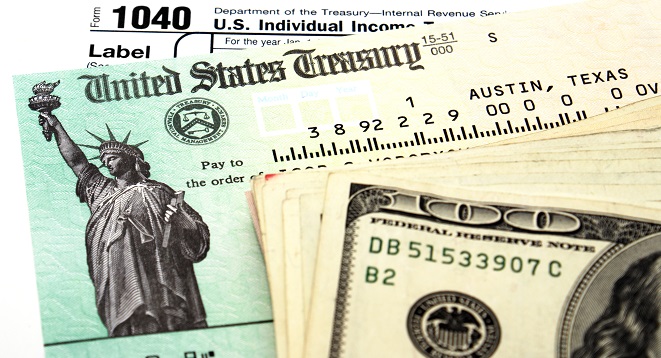One of the biggest challenges facing debtors filing bankruptcy is coming up with the money to pay their filing and attorney fees. After all, if a person’s financial challenges are great enough to consider filing bankruptcy, the household budget is already pretty tight or in serious deficit. Most savings have already been exhausted by potential bankruptcy clients before they even see an attorney.
Filing fees (paid to the Bankruptcy Court) are $335.00 for Chapter 7 cases and $310.00 for Chapter 13 cases (with these amounts subject to change). Typical attorney fees can range from $1,000.00 to $3,000.00 (although some cases can be handled for as little as $700.00) depending on the type of bankruptcy filed, the complexity of the case and other factors. Chapter 7 cases usually require all fees to be paid prior to filing bankruptcy, while in Chapter 13 some fees are paid over time.
Fortunately, at RGG Law the first consultation is always FREE. Also, the bankruptcy attorneys at RGG Law spend at least part of that appointment helping a client figure out how they are going to come up with the money to pay the required fees if they decide to go forward with any type of bankruptcy.
Using Tax Returns for Filing Bankruptcy
During the spring, a great many debtors find it easier to wait for their tax refund and use this money to pay fees for their attorney and filing bankruptcy. If a debtor knows they are going to receive a tax refund, it may make sense to delay the filing bankruptcy until that tax refund is received so they can use the refund, in part or in whole, to pay the costs and expenses related to their bankruptcy case.
Of course, it is always good advice to consult bankruptcy lawyers about the proper way to spend and document the use of a tax refund, or other windfall, especially close in time to the filing of a bankruptcy. At a minimum, one needs to be able to document those amounts which have been spent prior to the bankruptcy filing. Certainly, as one would expect, there will be a very close look taken at spending patterns prior to filing a bankruptcy.
One pitfall to avoid, however, is spending a tax refund after one has already filed bankruptcy. Tax refunds, like any asset, are subject to the authority of the Bankruptcy Court and the Trustee appointed to a bankruptcy case, and disposition of this money can only be done with permission and approval.

